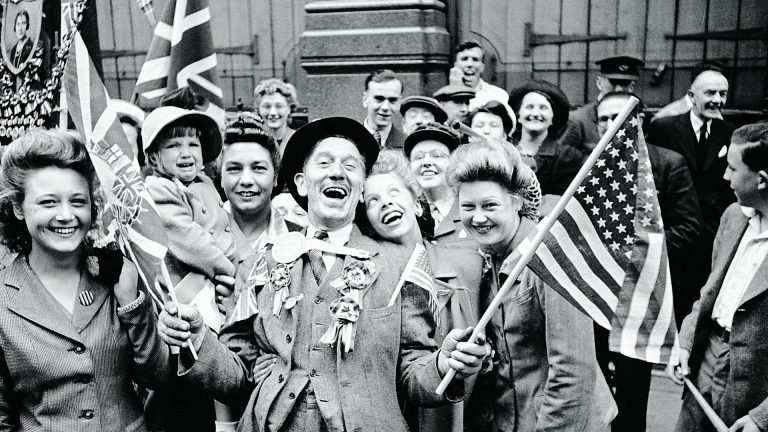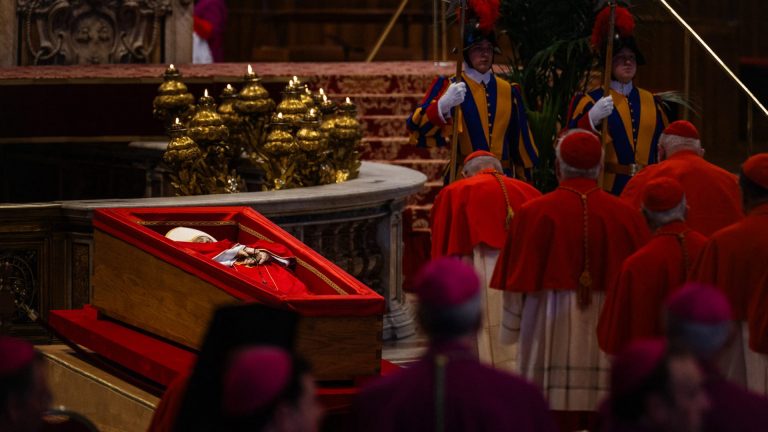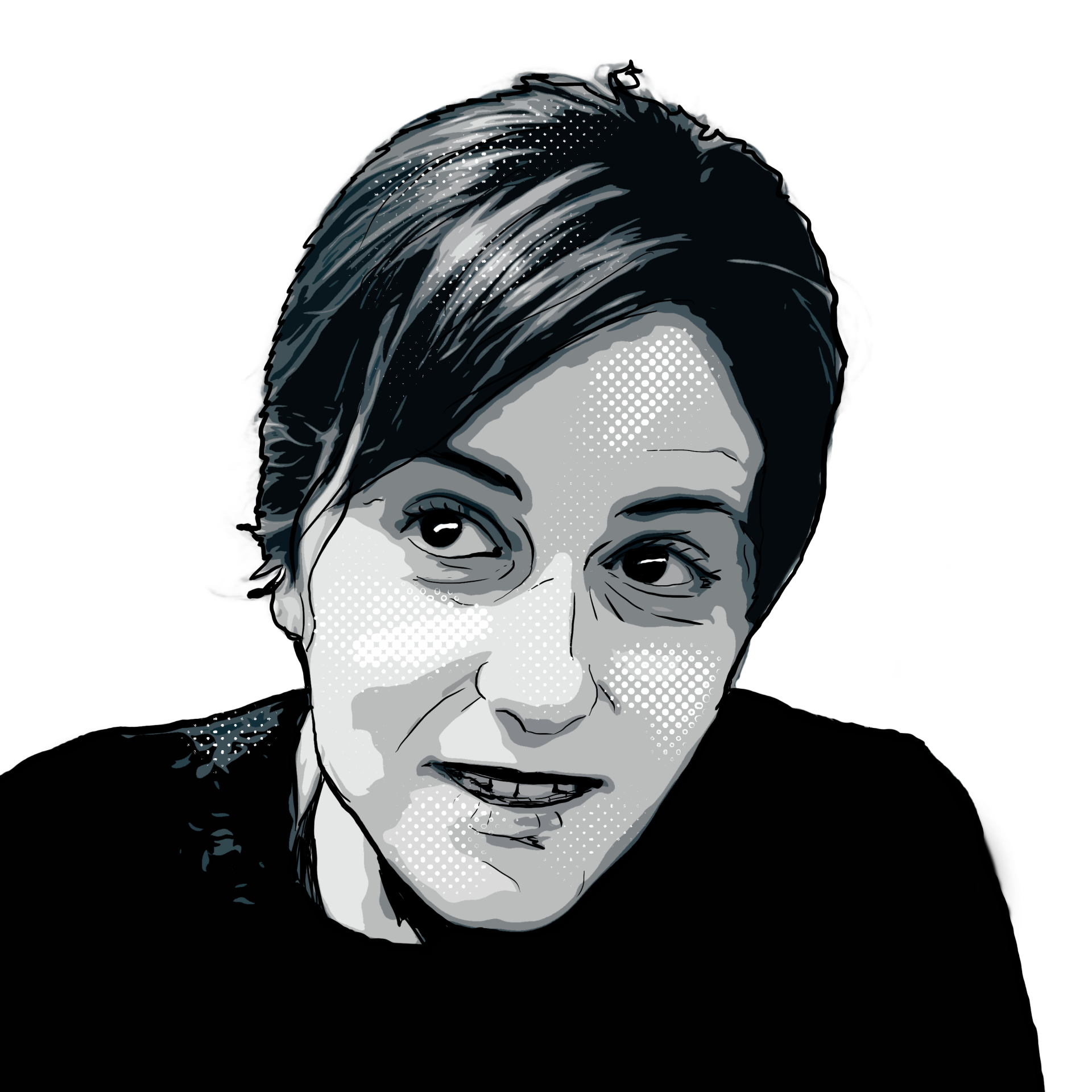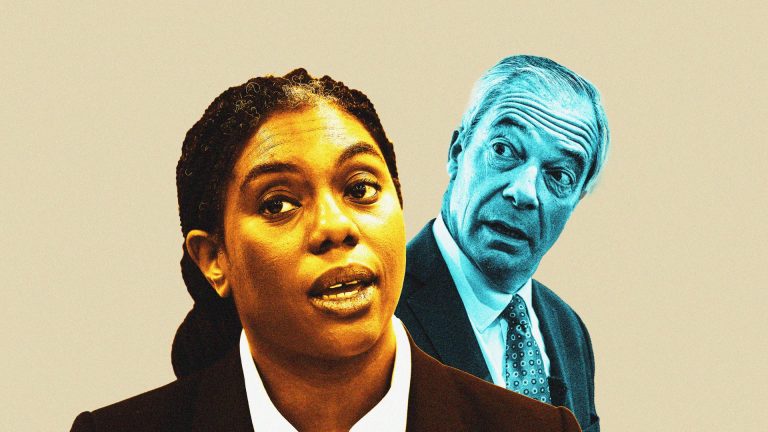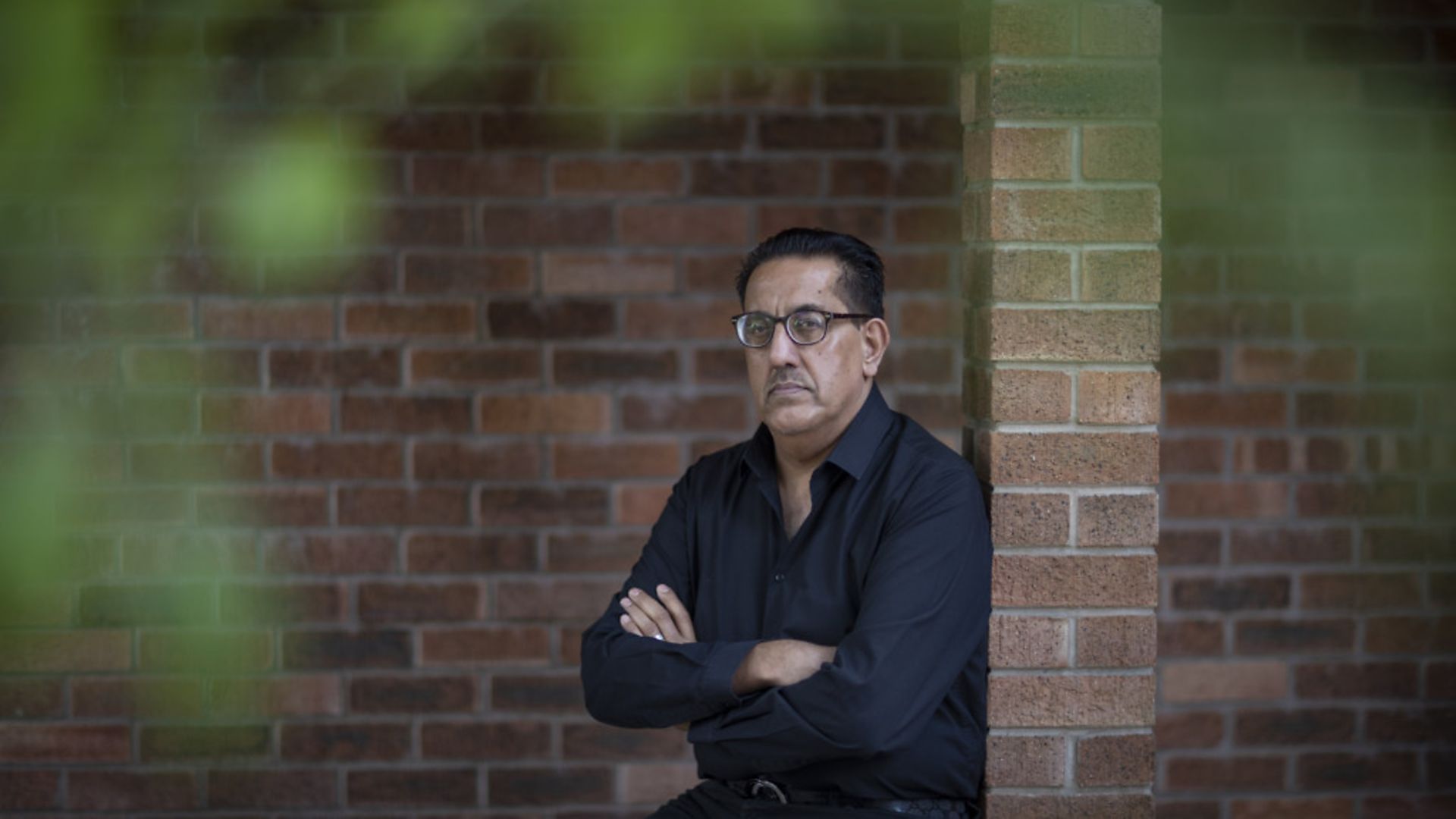
Former chief prosecutor NAZIR AFZAL – who lost a brother during the pandemic – has instructed lawyers to investigate why no action was taken against Dominic Cummings for his lockdown breaches. He explains why.
When we contacted the undertaker, he said: ‘I’ve got 14 bodies to pick up, I will get to you late afternoon.’ He finally turned up at 6pm, and when I saw him, he was in tears. Not just because he knew my brother, but because it was just so intense. He was distraught because he had never seen death on this scale. He’d seen 14 families that day and the mosque in Birmingham he worked with had installed some industrial freezers in marquees in the car park.
He came to the door and he said: ‘I can’t come into the house, you need to bring his body downstairs.’
So he gave us the body bag, and we went upstairs and my brothers and I, we rolled him over into it and rolled him back so he’s facing the right way, and zipped up the body of my brother Umar.
He didn’t ever seem stressed by anything, he always seemed to be above family tension and community tension – Umar had a connection with everyone.
My father worked as a catering contractor for the British Army in India and Cyprus and he came to the UK in 1961, with his wife and the three children that he had at that time. Umar, my brother, was 12 or thereabouts.
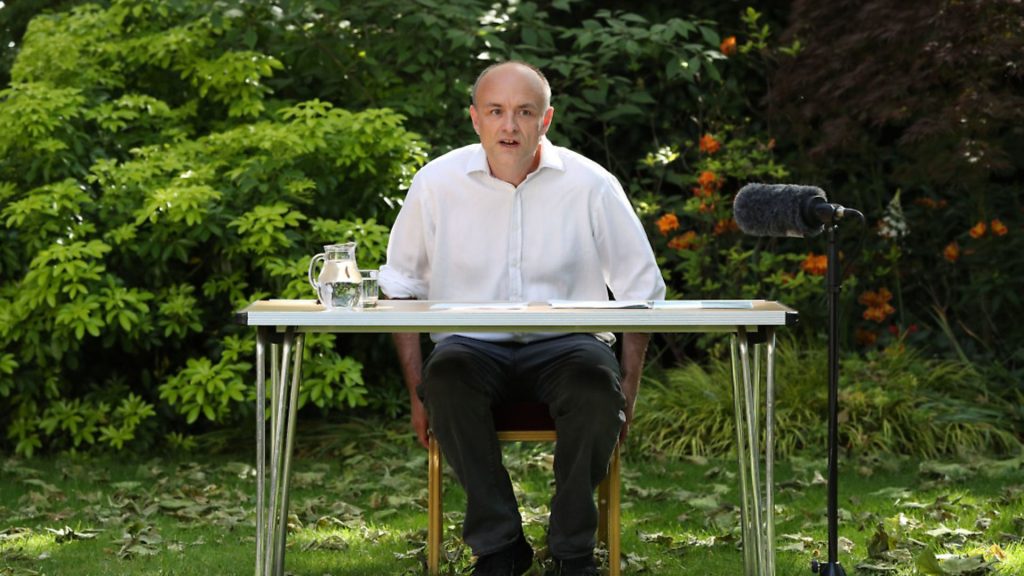
They settled in Birmingham, so Umar grew up there in the 1960s. In the early 1970s, my father reignited his interest in the British army. When the Troubles started in Northern Ireland, my brother decided to join my father in the business, providing catering services for the British army. He was my father’s right hand man.
They travelled back and forth but came back permanently to Birmingham in the mid-1980s. My brother spoke half a dozen languages from the subcontinent and decided to go into interpreting, providing services for a variety of agencies, including the Home Office and the police. And that’s something he continued for the best part of 30 years. So he was helping vulnerable people who have little understanding of the language, in very difficult and challenging situations, and he became a bit of a stalwart of the community.
When my father passed away in 2002, my brother became the lead member of our family, He was of the oldest generation of British Pakistanis and he enjoyed the role of being a sort of community leader, reducing tension in the community when there were issues.
When I was growing up, there wasn’t any Google, so I spent an enormous amount of time down the library in order to digest knowledge, and he was a very strong supporter of me. All my brothers, all five of them eventually, were working in the family business, except for me and my sister. And so the conversations that would have been had without me being present, probably would have been: ‘Let him carry on with his studies. Let him follow his career path. He doesn’t need to go down the route that we’re all going down.’
When I had any recognition in my career as a prosecutor, he was always extremely proud of it, he lived vicariously through me, I think.
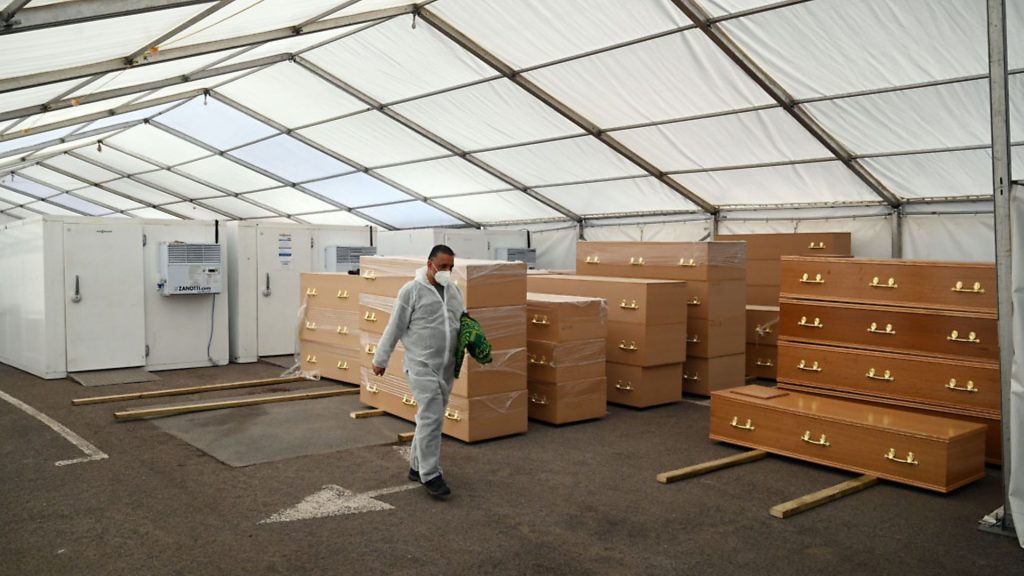
My mother is 92, God bless her. She’s extraordinarily robust – she was brought up in the mountains of Pakistan going up and down those hills – so the idea that she would get sick was new to us all.
But in the middle of February she got seriously ill and she ended up in Heartlands Hospital in Birmingham suffering significant breathing issues.
She wasn’t tested, so we don’t know whether or not she had Covid herself, but she was in hospital for about three weeks. I was in and out every other day, I’d be driving down from Manchester, to go and see my mother in hospital. And my whole family obviously descended upon her as well. I’d see my brother maybe every couple of visits. He was 71, but he looked in fine fettle. This is the strangest thing, out of all of us, he was probably the healthiest.
He made us all feel quite calm about what was happening. By the beginning of March, the hospital authorities decided there wasn’t anything more they could do for my mother and it was a real danger that she may get Covid from within the hospital, so she went home with an oxygen tank, which she is still attached to 24/7.
Everybody went back to normal lives, but I learnt pretty soon that Umar wasn’t well. Around March 23, I spoke to him on the phone. He’d been breathless, and he’d been pretty poorly. But he said he was getting better and there was no need for me to visit; he was in recovery mode, that’s what he thought.
In the first week of April, I spoke to him again. He was obviously poorly, but was providing me reassurance that it was under control, that he’d been to the hospital, and that they had tested him. They sent him home, but we wouldn’t find out the result until a week later.
And then the next thing was on the morning of April 8, which we now learn was the day on which the most people died. His wife, my sister-in-law, went into his bedroom at 9.30am. He’d been sleeping alone because of his illness, she couldn’t raise him. She called for an ambulance but it was too late.
My youngest brother rang me up to tell me our brother’s passed away. It came as a complete and utter shock.
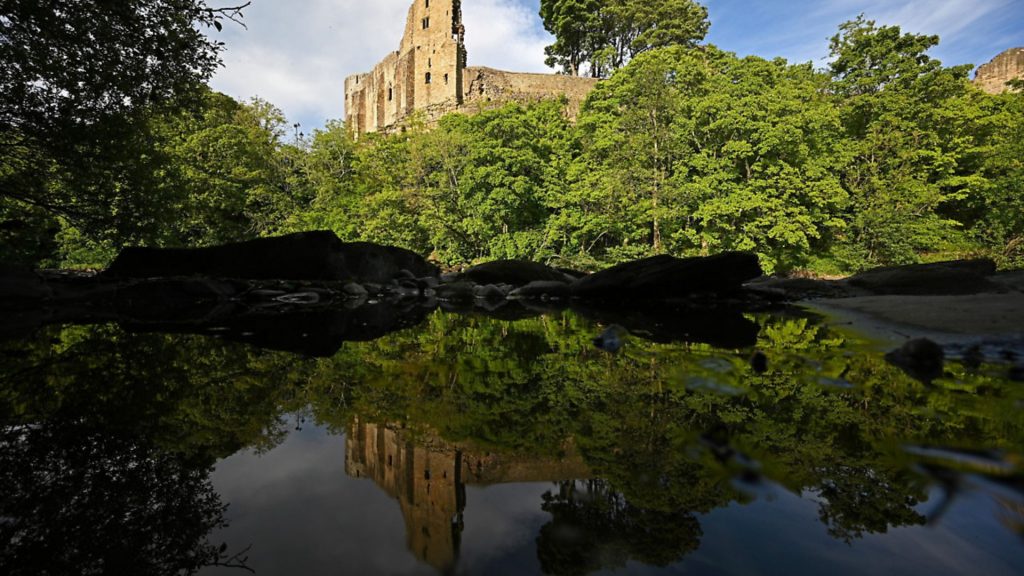
I drove from Manchester and a large number of members of my direct family were there. My sister’s daughter is a doctor and she was there. We were all wearing masks and gloves, which were handed out at the door.
After we carried him downstairs, we were able to place him inside the body bag on to the stretcher. Then my mother said to me, ‘I want to see his face for the last time’. So we put the trolley in such a way that his face was facing the bay window so she could see her son.
The next thing we had to do was to bury him. His desired wish was to be buried in Pakistan with my father, but there were no flights. So we contacted the cemetery in Birmingham, which has a large Muslim burial plot.
And they said: ‘Yes, absolutely, you can fit him in. But there are rules: only a maximum of six people can attend a funeral; they also have to be people who can lower the body into the ground because our staff won’t do that. So they’ve got to be relatively healthy. And thirdly, you have 30 minutes because the next funeral has to take place.’
I couldn’t attend because there were only six people allowed and I decided that I couldn’t break the regulations.
And so my brother Umar was buried at 6pm. My brothers and his son had to lower his body in the grave and at 29 minutes and 59 seconds after they arrived, they were told to leave because the next family were coming to bury their loved one.
Like tens of thousands of families, we have not been able to mourn him.
At the same time, Dominic Cummings was going up and down the country. He started travelling up to Durham on March 27 and, we now know, was going on a day trip to Barnard Castle on his wife’s birthday while we were waiting to get a death certificate to bury my brother.
My starting point is that he’s one of the architects of the regulations, as a special advisor, he would have signed off on them. I worked in government for 30 years, I know how it operates. So he just signed off on the regulations and almost immediately after having signed off, he decided to breach them and drive the 260 miles up to Durham.
The Rose Garden press conference should not have happened at all. He’s a civil servant. I was a civil servant, I would never in a million years have been allowed to issue a press release, never mind have a press conference about a personal matter.
So all these special arrangements were made and in that press conference, he talks about what he did – the eye test, the stopping on the way back, all that sort of stuff – my 30 years of justice and trial experience tells me he is presenting his story in a way that fits the known facts. I was just head in my hands thinking, firstly, how is he allowed to do this? And secondly, how is he allowed to get away with this? And thirdly, what impact is this going to have on the rest of society and the rest of citizens, because we’ve all made extraordinary sacrifices.
We’ve got people shielding at home for months, who are not even able to leave the house, because they’ve got underlying conditions. You’ve got people who are not able to work, people who are not able to get a hug from somebody who they care about. These are extraordinary sacrifices we made, and yet one of the architects of it all, even on his own account, is driving a coach and horses through the regulations for his own selfish reasons.
But the bigger issue is the impact it had on the rest of us. The public discourse afterwards was, ‘well, why should I bother?’
We have lost tens of thousands of people, all of them prematurely. We could have lost even more had we not stayed at home and complied with the regulations – and yet he felt that they weren’t important to him, they didn’t apply to him. That was just appalling. It was shocking, bewildering.
I’ve spent a lifetime thinking that there’s nobody above the law. They always used to say, without fear or favour. As a prosecutor, I’ve been on an Al Qaeda death list, I’ve had the far right demonstrating outside my house. I get it from all sides. I don’t care. If the evidence is there, I don’t care who they are. I’ve prosecuted celebrities. I’ve prosecuted people in positions of power and people who had got none. And that’s what always drove me – yet suddenly, with Mr Cummings, if you had his position of power, and his protection of a shield around him you were safe. People have described it well, there was no shield around care homes, in our communities, but there was a proper good shield around him.
And you had all these ministers, tweeting, how ‘it’s all over now, he’s said his piece and that’s the end of it’. We were being treated like children, by the people who we’ve elected to positions of responsibility. And they were all protecting this unelected individual, despite what he had said and what he had done.
I’ve said a lot about how trust in society has been diminished over recent years. Trust was damaged by what he has done, the whole concept of lockdown has been damaged by what he has done and the fact that there seems to be one law for him and others who are in positions of power, but the rest of us, the 64.5 million, must sacrifice.
I felt really guilty when I was going to see my brother’s dead body. It was an exceptional circumstance, but I felt really guilty about it. And I sense no guilt on his part, no apology on his part, no sensitivity or recognition on his part, that he had done anything wrong. And that really, really irked me.
Tens of thousands of people lost family members, all of them made sacrifices and there’s millions of others who made sacrifices to protect their families. So it’s personal, but it’s also professional: it’s just a matter of principle that whoever you are, wherever you are, the rules apply to you and that you need to accept that they apply to you and not try to excuse your way out of it.
You get Durham police carrying out the most cursory investigations, in no more than two days, during which they come back and say he might have breached regulations, but they won’t do anything about it. I was chief executive of the police commissioners, I know that they need to do their job more thoroughly than they did. And I wonder, this is the question I asked myself – was there any pressure put upon them to brush it under the carpet as fast as possible? That is something that I want to get the bottom of – and I am relentless.
I don’t want to prosecute him myself. I don’t think I can legally anyway, I think the law is framed in such a way that the only people that can prosecute for breaches of regulations are the police and the Crown Prosecution Service. So I want them to do their job properly. And that means I want to understand, on behalf of you, me and everybody else who’s made sacrifices, whether they had all the right information, whether they did so without undue pressure, and whether there ought to be a different outcome if they take account of everything that we now know.
My solicitors and my lawyers have had enormous numbers of people approach them since it became public that I wanted to get to the bottom of this. People have been approaching my solicitors with information which is not in the public domain. I use the phrase ‘from reliable sources’.
Mr Cummings thinks that people in Whitehall, in Westminster, are prepared to stay quiet. That is not true. There are people horrified by his actions and they are prepared to share with us information that they have, that they think may be relevant to any police inquiry or prosecution decision. There are other sources from the North East and from London who provided information that probably wasn’t known to the police and the prosecution authorities.
Certainly the police, from what we know, didn’t have all the information, because they went so fast, as if it was any old breach by any old person, when in fact, this was the whole thing. This had the greatest impact you can possibly imagine on whether or not we were all going to comply with lockdown. They should have given it more thought – and information that we’ve received in the last month or so provides us with evidence that either challenges what Mr Cummings has already said, or provides us with other relevant events.
Lots of people have told us that they think there’s a cover up. But I’ve spent a career working with evidence. I’m not a conspiracy theorist. So I want to make sure that anything that we’ve been told, can be properly verified and is corroborated.
When I reflect on what has happened to us as a family, working class children of immigrants, people from the BAME community most impacted by Covid, then I can’t escape the idea that there’s one law for us and there’s another law for people in authority, people who are donors, fathers of the prime minister, special adviser to the prime minister, people who, in my view, correctly, impose their regulations on all of us, but incorrectly and unlawfully decided to breach them themselves.
We, as a country, have not been able to mourn the loss that we’ve all experienced. There will be a reckoning going forward. And as part of that reckoning people will want to know, was everybody treated the same?
I’ve lived a career which has been about equality and about justice and I feel there has been injustice here. And that we’ve been treated unequally.
Then, we must ask about consequences. A £60 fine or £120 fine is irrelevant, to me; it’s the fact that the state should decide that somebody has breached or somebody hasn’t breached.
Ministers keep boasting, we’re meant to be world-leading and world class and world-beating. I just want us to be British: previously, if you failed, you resigned; if you lied to parliament, you resigned; if you lied in public, you resigned. But now, it seems that’s not the case anymore.
We need to go back to the first principles of public life about honesty and integrity, and accountability and transparency.
When I consider the government’s performance throughout the pandemic and I think about what I have seen in my own career, I am left with a fundamental question about power: who has it and who does not?
First and foremost, government is for ensuring the safety of its citizens. And, you know, I look back at what was happening in February – even I knew at the end of February when we were visiting my mother in the hospital, I was hearing how they were bracing for something tremendously challenging. So if I knew that, can you imagine what government should have been thinking and what government should have been doing? Thousands of people were dying every day in Italy but we weren’t prepared. We didn’t have the PPE that we should have had. We locked down a week late. That means tens of thousands of people died, that shouldn’t have died. And that could have been my brother, his death could have been avoided, if we’d locked down just 10 days earlier.
I didn’t take my brother’s illness seriously enough, for which I blame myself. But that’s because the prime minister was telling me that all we needed to do was wash our hands. The government was telling us that this was not that bad. We were having the Cheltenham horseracing festival. I didn’t take it seriously. Maybe if I had, I’d have seen my brother before he died.
I’m not a scientist. Neither are they. But 50,000 deaths may have been prevented. That’s 50,000 families – a million people at least. My feeling through all of this is it could have been avoided and should have been avoided, and would have been avoided if people responded with the seriousness that they should have done – and that includes Mr Cummings. We need to understand what happened, now. And there need to be consequences. People need to respond, resign and accept responsibility. We need accountability and we need it now.
My brother wasn’t allowed into the hospital. He wasn’t allowed to stay there because they didn’t have any room in the end. Go home and isolate, he was told – and we only found out the day after he died that he had tested positive for Covid-19. So people were being sent home to die. My brother’s death was completely invisible to the state. We weren’t prepared. We were making it up as we went along. The way this has been handled has been a disaster.
Nazir Afzal is a former chief prosecutor for the Crown Prosecution Service in England and Wales. His book The Prosecutor is out now, published by Penguin
This article was published by Tortoise. Tortoise is committed to open, inclusive journalism and helping its members make sense of the world around them. Try it today. Download the Tortoise app and you can get your first 30 days for free.




